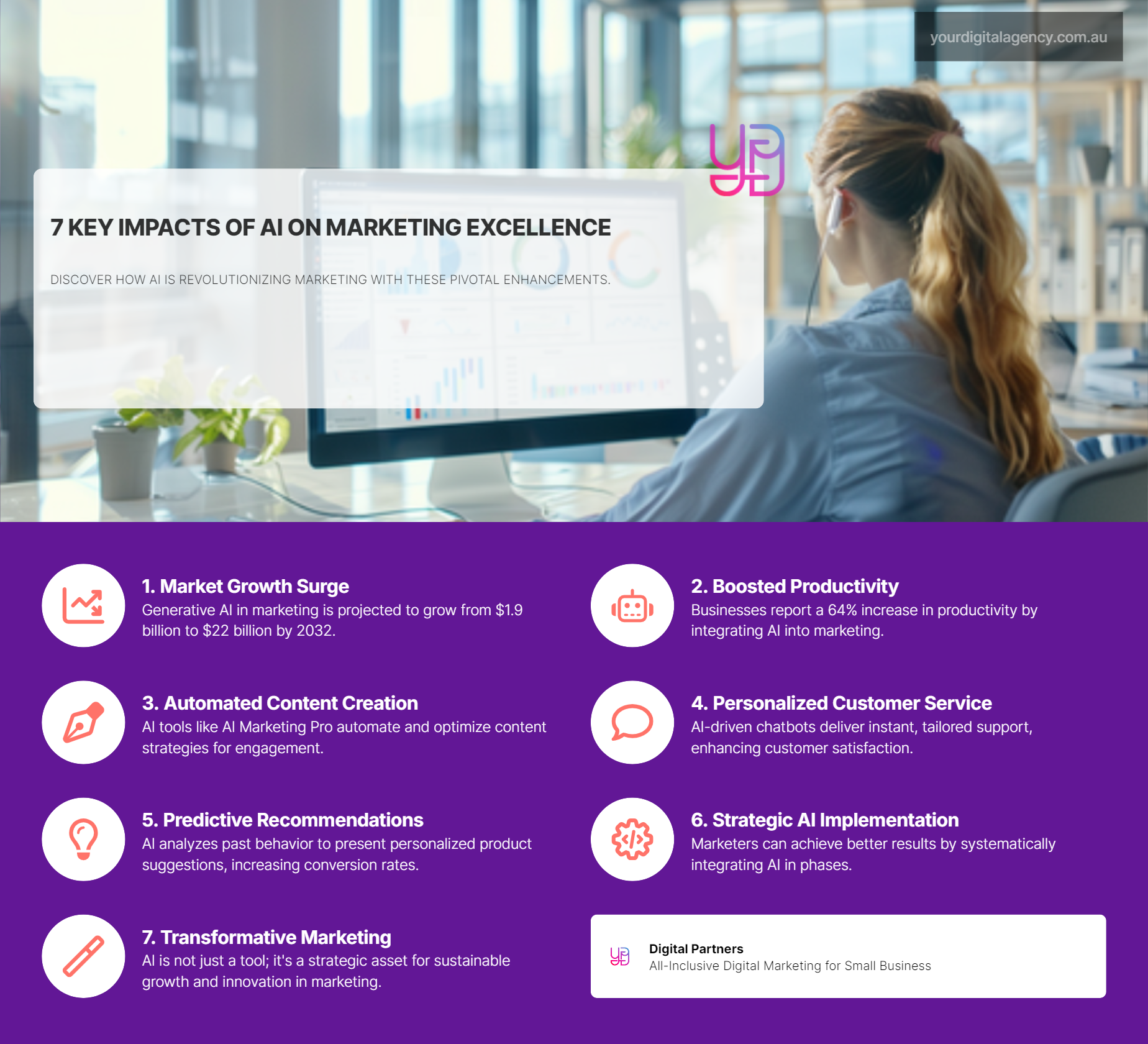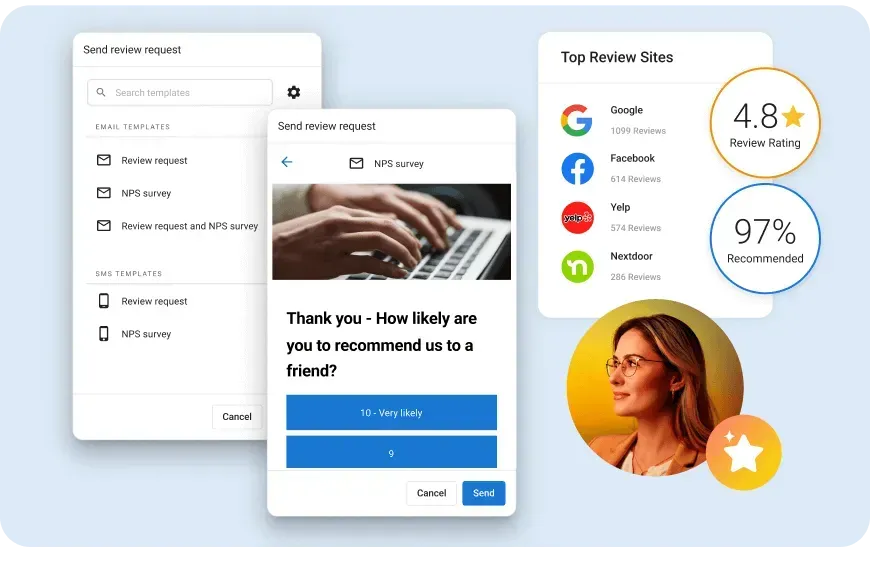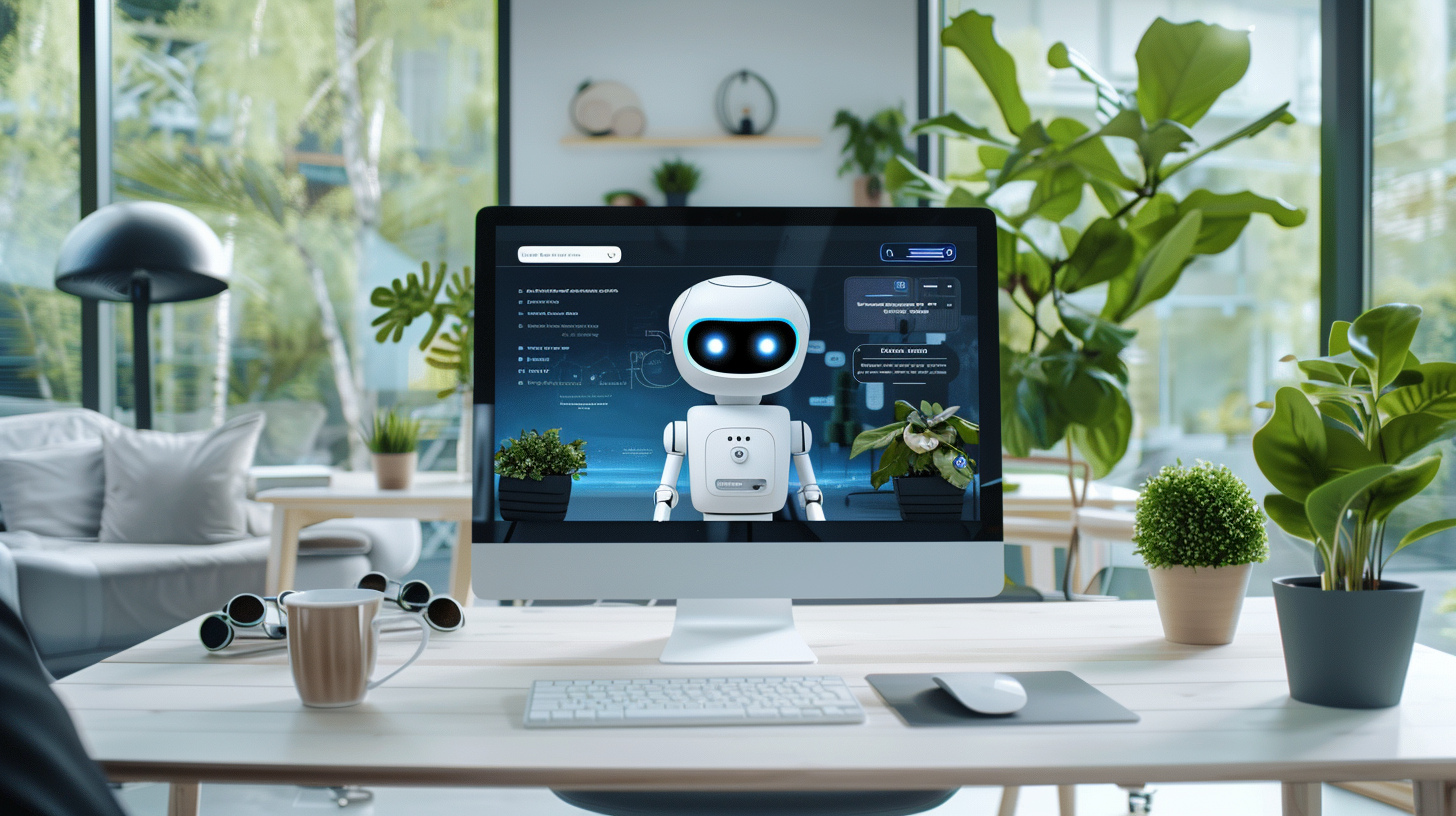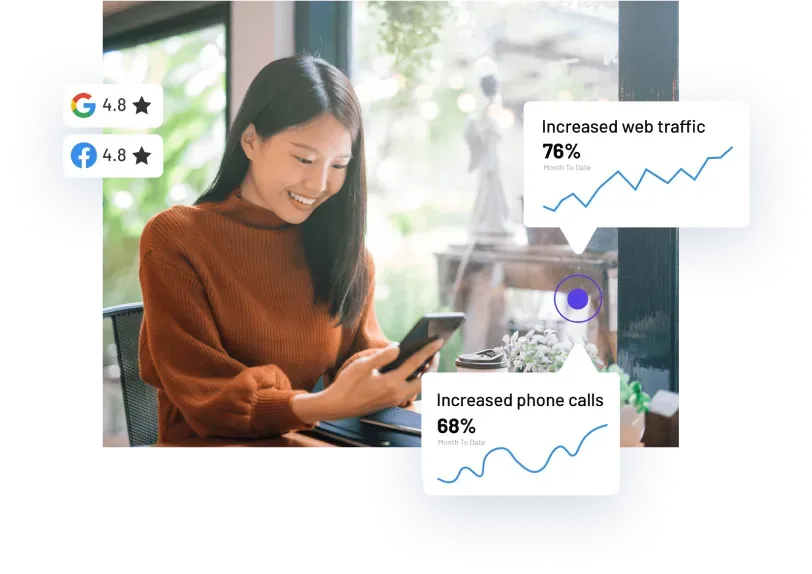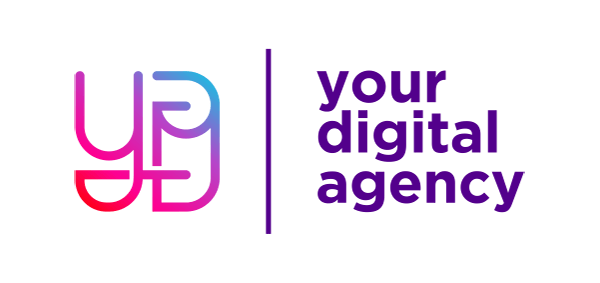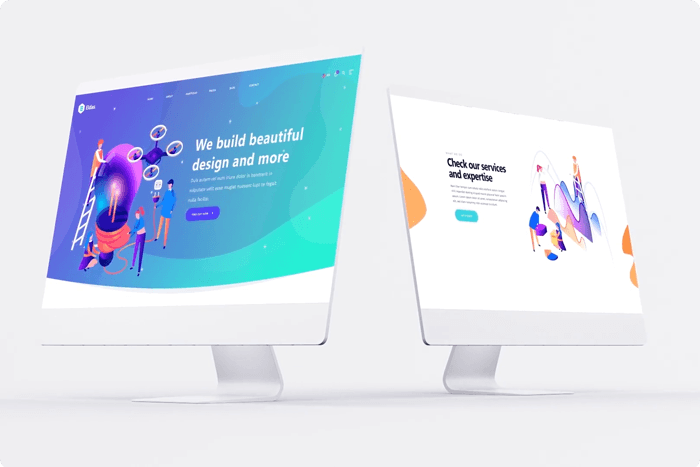INTEGRATING AI INTO YOUR MARKETING STRATEGY
Have you considered how AI can streamline your marketing efforts or enhance customer interactions?

As the digital marketing landscape continuously evolves, the integration of AI is a substantial shift in how we approach marketing strategies. Have you considered how AI can streamline your marketing efforts or enhance customer interactions? This article explores the significant role generative AI is playing in reshaping marketing, from automating content strategies to personalizing customer engagement.
With businesses reporting a 64% increase in productivity due to AI, it's clear that this technology is a key to unlocking new marketing potentials. But what specific aspects of your marketing strategy could benefit the most from AI? Join us as we explore practical ways to assess and integrate AI into your marketing plans, ensuring that your approach not only meets but exceeds customer expectations. This journey through the capabilities of AI in marketing will provide you with the insights needed to make informed decisions about adopting AI technologies that align with your business goals.
Exponential Growth of Generative AI in Marketing
The trajectory of generative AI in marketing is nothing short of remarkable. From a modest market size of $1.9 billion in 2022, it is projected to balloon to $22 billion by 2032. This exponential growth underscores the increasing reliance on AI technologies in the marketing sector, reflecting both the expanding capabilities of AI and the growing recognition of its value in enhancing marketing strategies. The rapid adoption of AI tools is driven by their ability to generate content, make data-driven decisions, and personalize customer interactions at scale, which were once resource-intensive tasks.
Generative AI, specifically, refers to systems that can create content, whether text, images, or videos, that are indistinguishable from content created by humans. Unlike traditional AI tools that simply analyze data, generative AI can produce new data instances. In marketing, this capability translates into generating personalized advertising copy, creating tailored email marketing campaigns, or even developing unique visual content that resonates with target audiences. The distinction lies in its ability to not only interpret data but to creatively use it to engage customers in innovative ways.
Enhancing Productivity and Efficiency with AI in Marketing
The impact of AI on productivity is significant, with 64% of businesses reporting expectations of increased productivity through AI integration. In the realm of marketing, AI excels in automating repetitive tasks such as data analysis, customer segmentation, and even content creation, which frees up human marketers to focus on more strategic and creative tasks. This shift not only boosts productivity but also enhances the effectiveness of marketing campaigns by allowing for more personalized and timely interactions with customers.
AI Marketing Pro, for instance, exemplifies how AI can automate content strategies. This tool leverages AI to analyze existing content performance, predict future trends, and generate content that is optimized for engagement. Such automation ensures that marketing strategies are not only more efficient but also more effective, as content is continuously refined to meet the evolving preferences of the target audience. The key benefits include:
- Reduced time and resources spent on content creation
- Increased consistency in content quality and branding
- Enhanced ability to scale content production without additional human resources
AI Transforming Customer Interactions
Nearly half of all marketing leaders have noted that AI significantly alters how customers interact with their brands. AI's ability to analyze vast amounts of data in real-time allows for more personalized marketing communications, which can significantly enhance customer engagement and satisfaction. For example, AI-driven chatbots can provide instant customer service across multiple channels, offering personalized responses and solutions based on the customer's history and preferences.
Personalized recommendation systems exemplify AI's role in transforming customer interactions by analyzing past behavior to predict future needs and preferences. These systems not only improve the customer experience but also increase the likelihood of conversions by presenting customers with products or services that they are more likely to purchase. Such tools are becoming indispensable in e-commerce and online retail, where personalization can significantly impact purchasing decisions.
Strategic Integration of AI into Marketing Plans
Integrating AI into marketing strategies requires a thorough assessment of current practices and a clear understanding of the areas where AI can add the most value. Marketers should start by identifying tasks that are repetitive and time-consuming, such as data collection, analysis, and report generation, which are ideal candidates for automation. Additionally, areas that require scalability, like content production or customer service, can significantly benefit from AI integration.
A structured approach to AI integration involves:
- Identifying key areas for AI application based on current strategy inefficiencies.
- Selecting the right AI tools that align with specific marketing goals and customer needs.
- Implementing AI tools in phases to monitor performance and make necessary adjustments.
- Training team members to work effectively with AI systems and leverage their insights.
By following these steps, businesses can ensure that AI tools are seamlessly integrated into their marketing strategies, enhancing both efficiency and effectiveness. The ultimate goal is to leverage AI not just as a tool for automation, but as a strategic asset that can drive innovation and sustainable growth in marketing practices.
Conclusion: Harnessing AI for Marketing Mastery
Generative AI's rapid advancement in the marketing field is reshaping how we create content, analyze data, and interact with customers. By automating repetitive tasks and tailoring interactions, AI not only increases productivity but also improves the effectiveness of marketing campaigns. As businesses grow more dependent on AI to streamline operations and build stronger connections with their audience, incorporating these technologies into marketing strategies becomes crucial.
The process of integrating AI into your marketing efforts should start with a strategic evaluation of where these tools can have the most substantial impact. By concentrating on areas suitable for automation and customization, you can ensure that AI serves as a powerful support in achieving your marketing objectives. As we progress, remember that the ultimate goal is to use AI not only as a tool but as a transformative force that advances your marketing strategies. Remember, the future involves leading changes, not just adapting to them.
